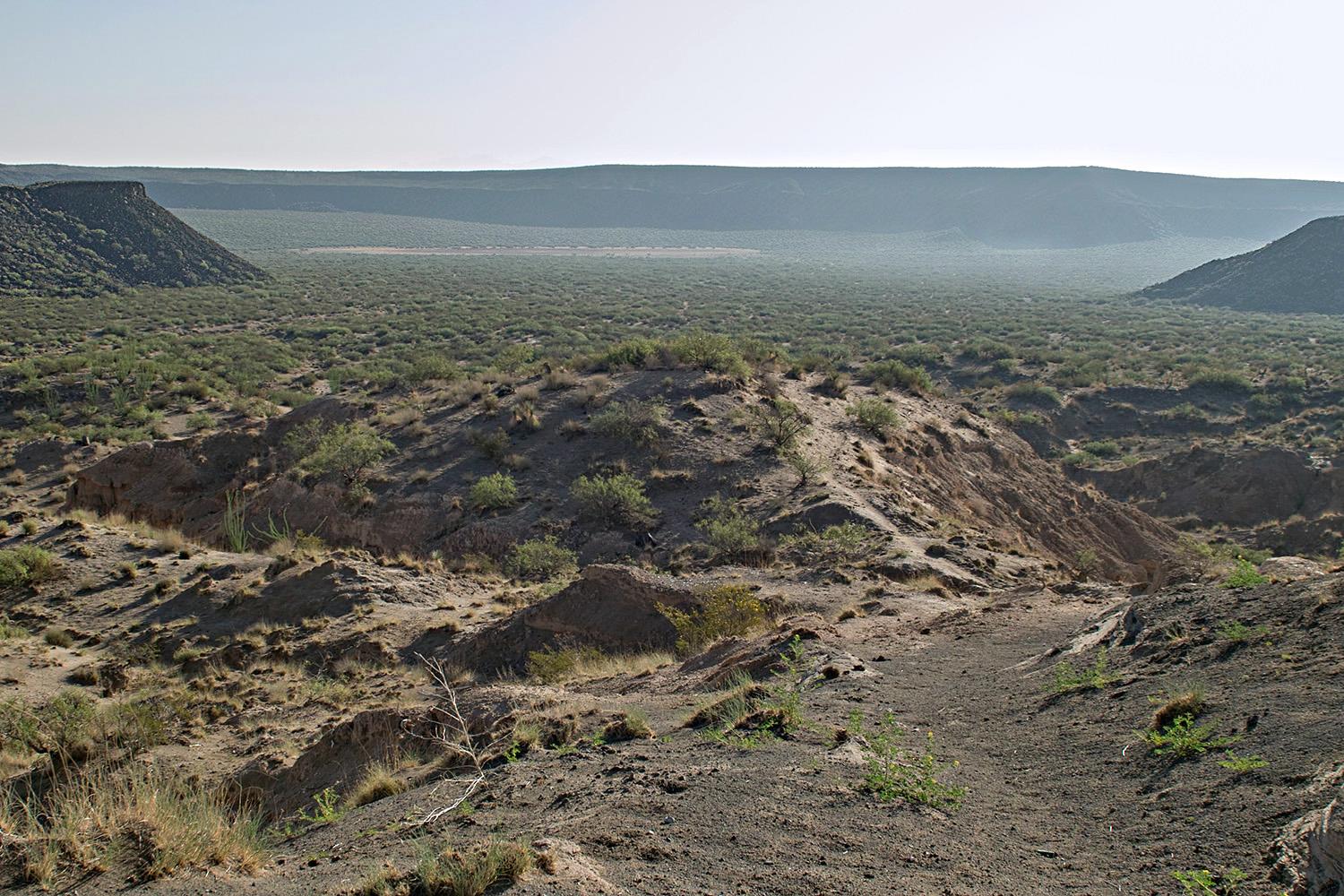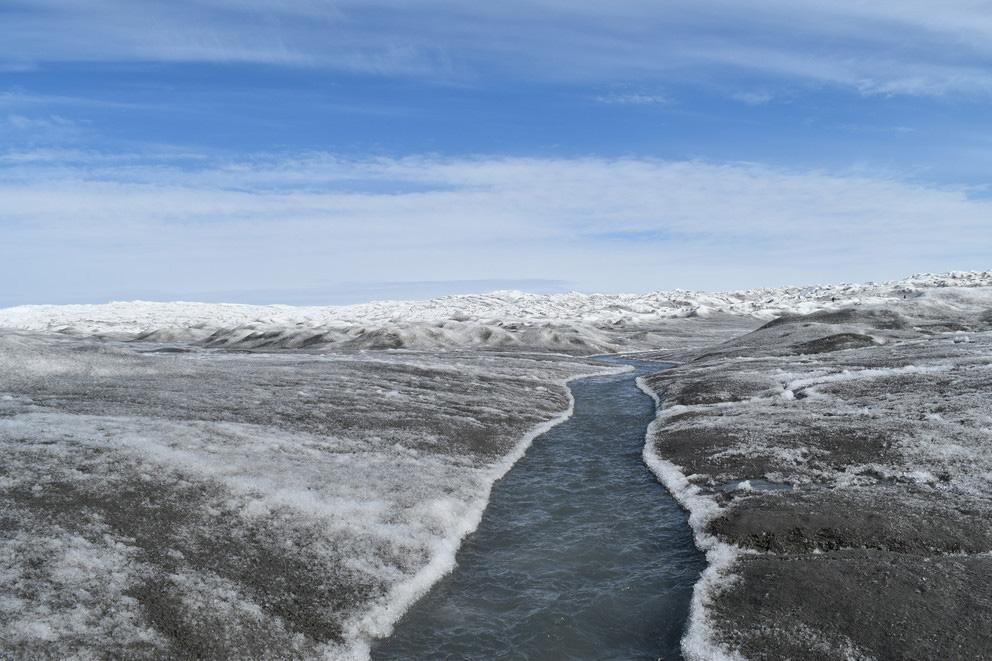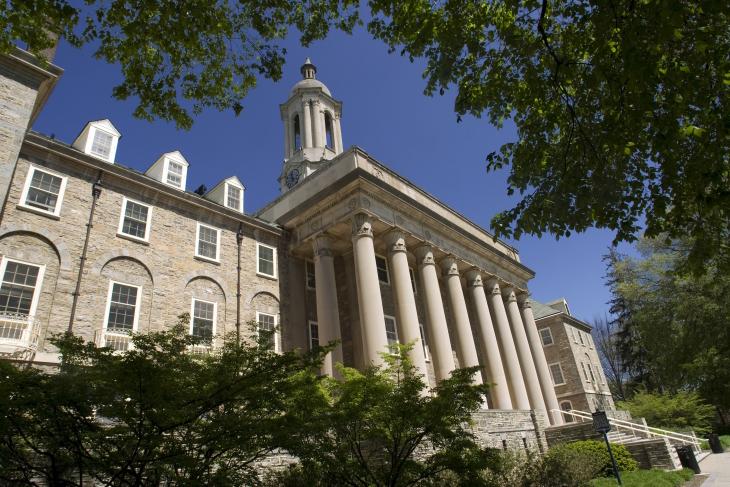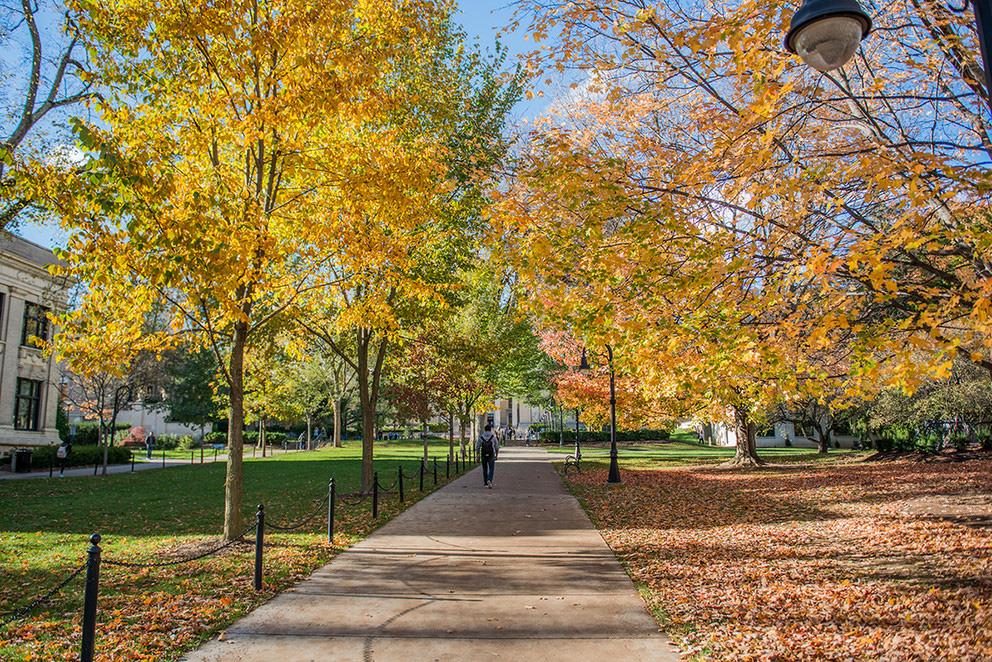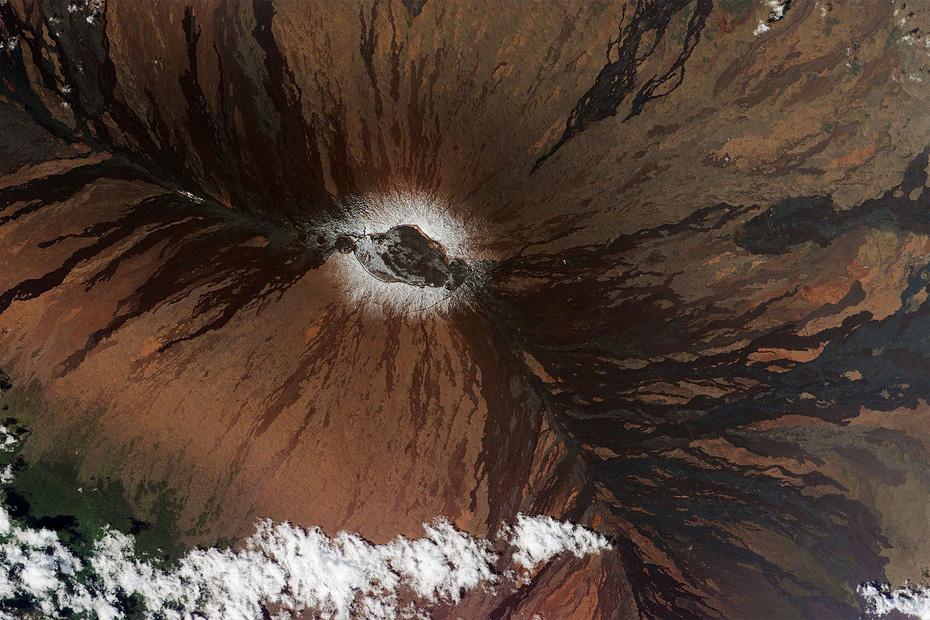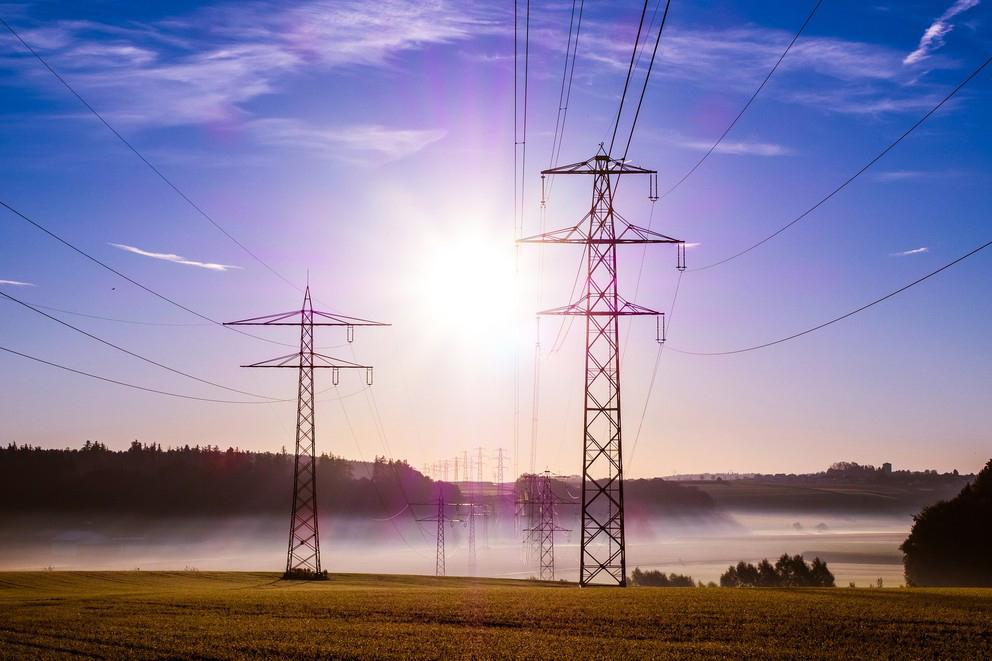Sonya Legg and Colleen Mouw know what it takes to foster diverse research communities and will share the lessons they have learned with the Penn State community at 4 p.m. Monday, Oct. 26.
Rocks from the Rio Grande continental rift have provided a rare snapshot of active geology deep inside Earth’s crust, revealing new evidence for how continents remain stable over billions of years, according to a team of scientists.
The EESI EarthTalks series “Changemaking made EESI: Fostering inclusive research communities in the Earth and environmental sciences” will explore new perspectives on initiatives that could increase diversity in environmental fields, with a particular slant toward Penn State’s College of Earth and Mineral Sciences (EMS).
The brownish-grey algae that darken the Greenland ice sheet in summer cause the ice to melt faster, but only recently have scientists measured these blooms in the field, and only at few sites. To measure algal blooms across large regions and understand their effects on melting over time, scientists are now turning to space.
A new interdisciplinary planetary science initiative will focus efforts at Penn State on exploring and seeking out life in the solar system and far into the cosmos.
The 2020 cohort of Penn State’s Institute for Computational and Data Sciences (ICDS) Faculty Fellows — formerly known as faculty co-hires — includes an interdisciplinary group of researchers who will use the University’s computational resources to probe the world’s biggest societal and social challenges.
A panel discussion on climate change and science communication will feature four Penn State researchers: Iliana Baums, Kristina Douglass, Michael Mann and Jessica Myrick.
Penn State researchers have used artificial intelligence (AI) to clear up noise in RADAR satellite data that can can help detect ground movements at volcanoes in near real time.
Climate change could put a major fishery — and the millions of people who depend on it — at risk in one of the world’s most vulnerable regions, according to researchers.
Wei Peng, assistant professor of international affairs and civil and environmental engineering, will discuss the potential health-related benefits of RGGI for Pennsylvania and the region at noon Friday, Oct. 16.



